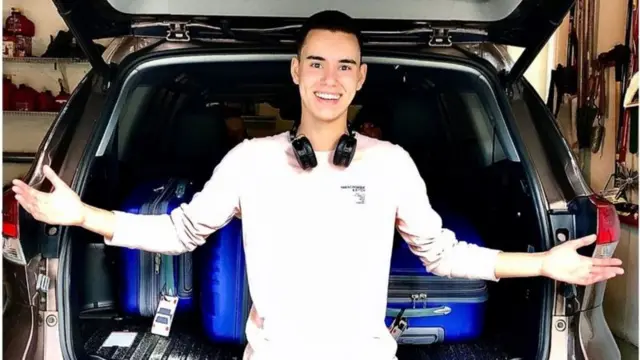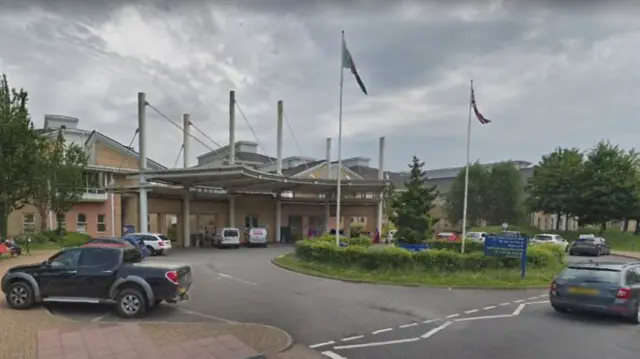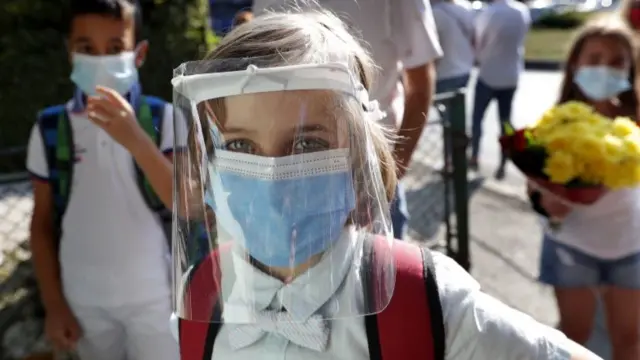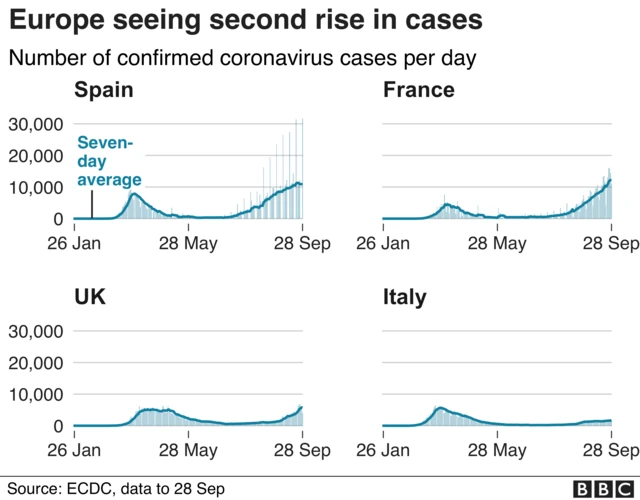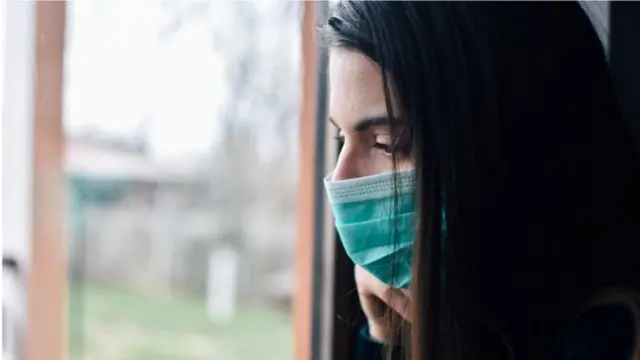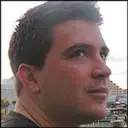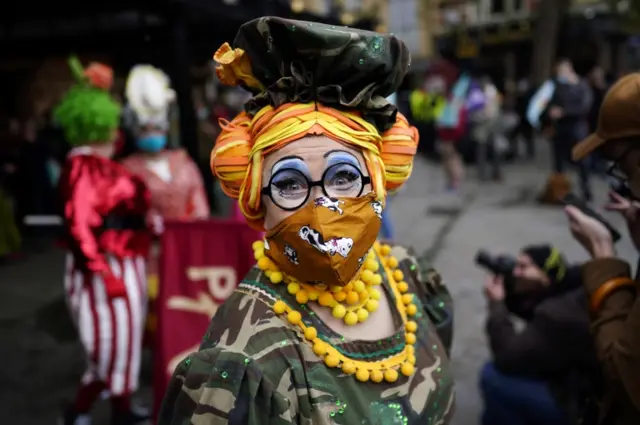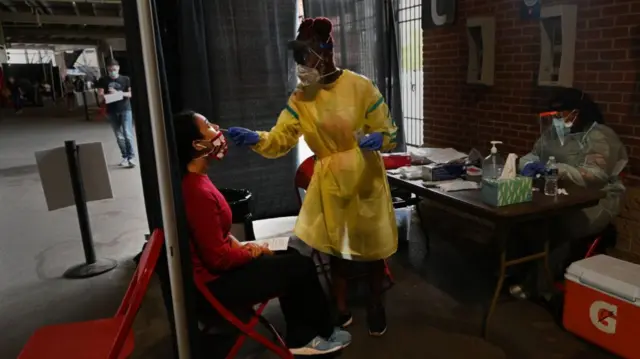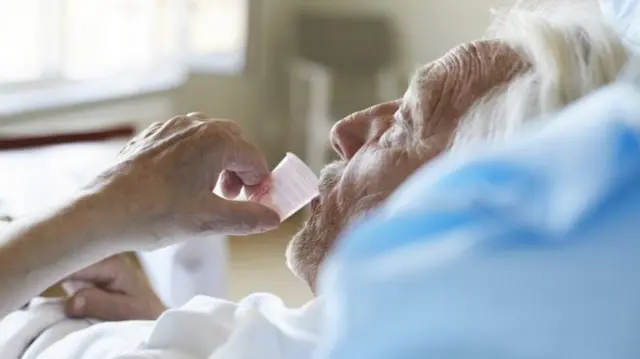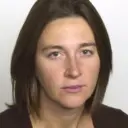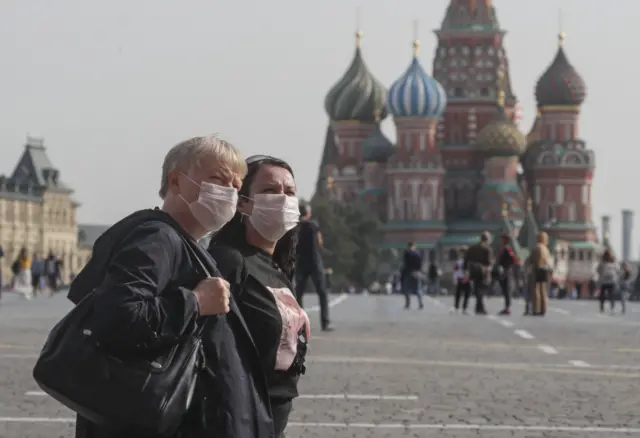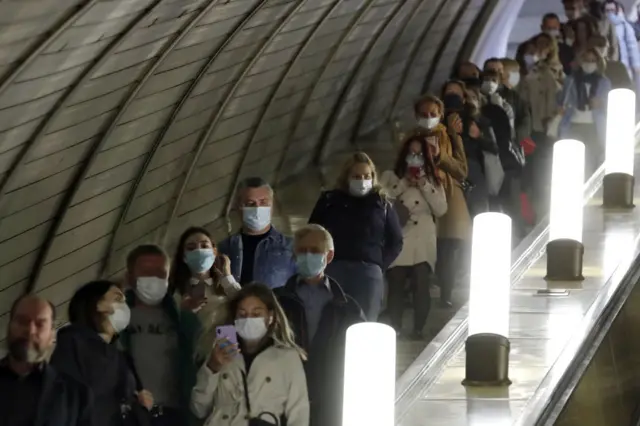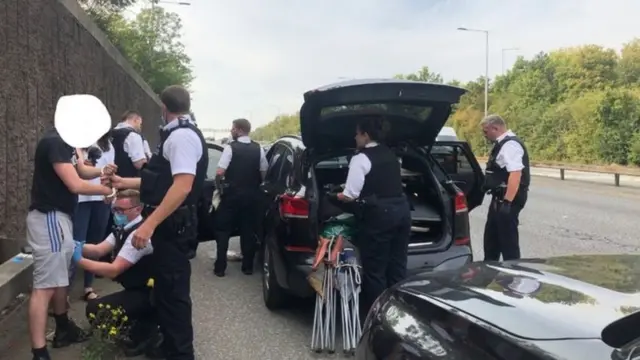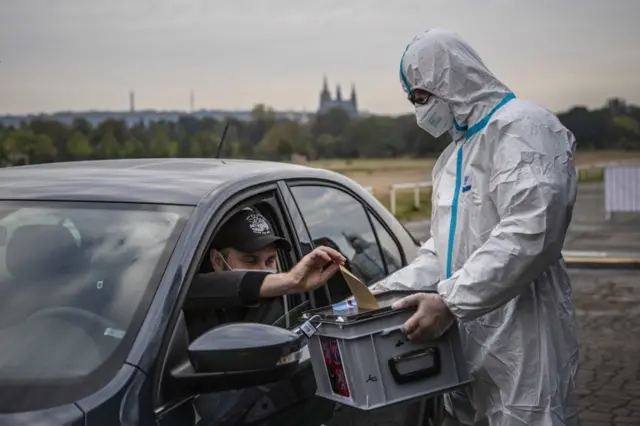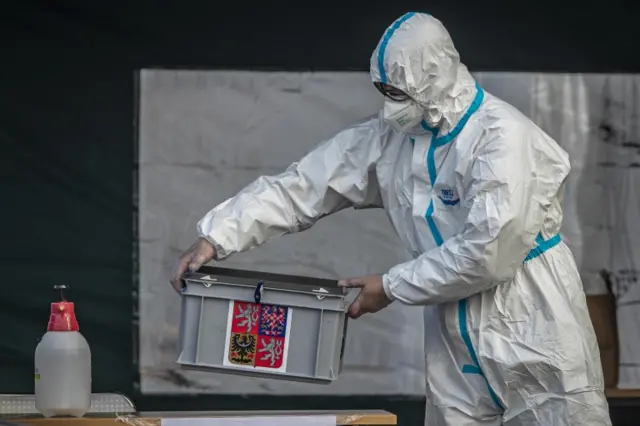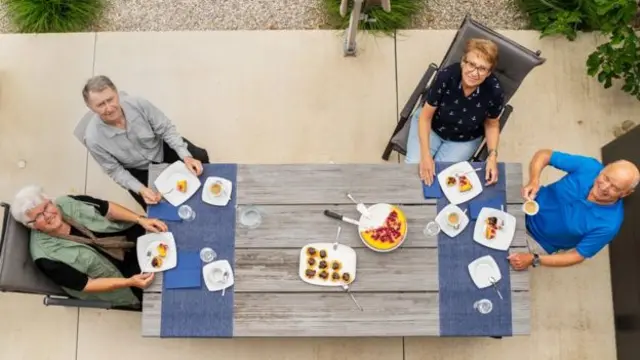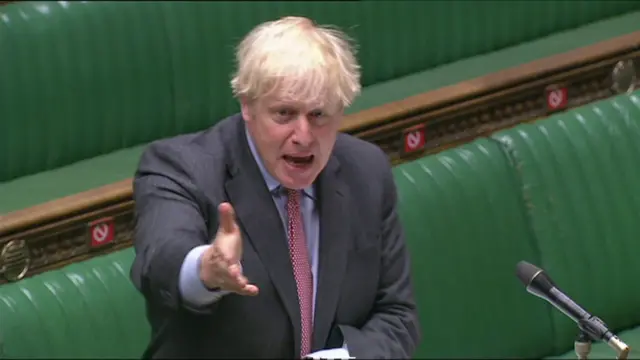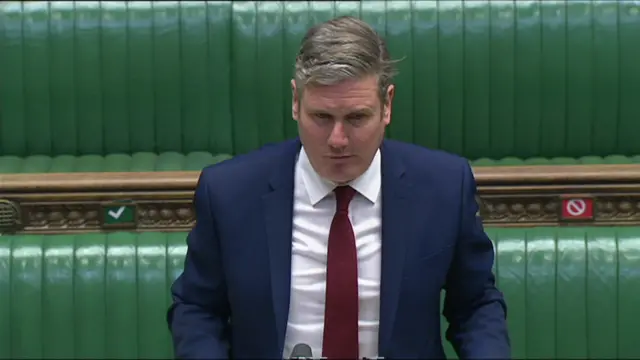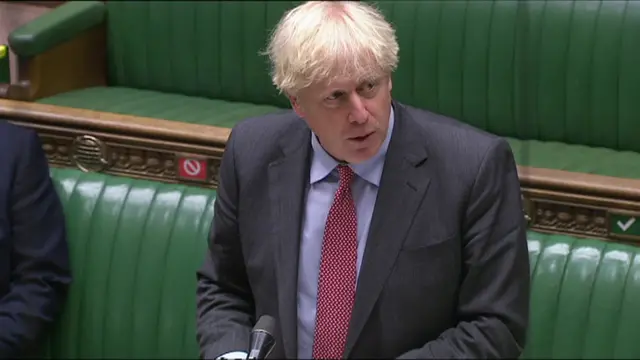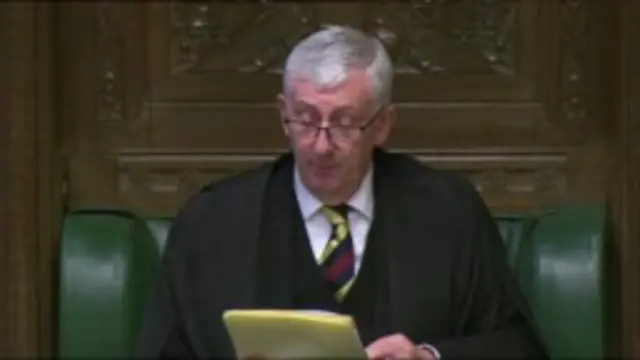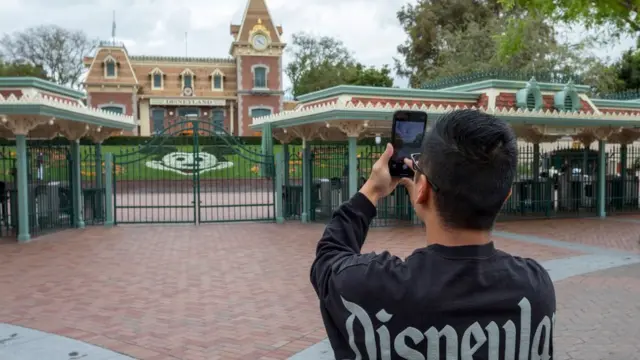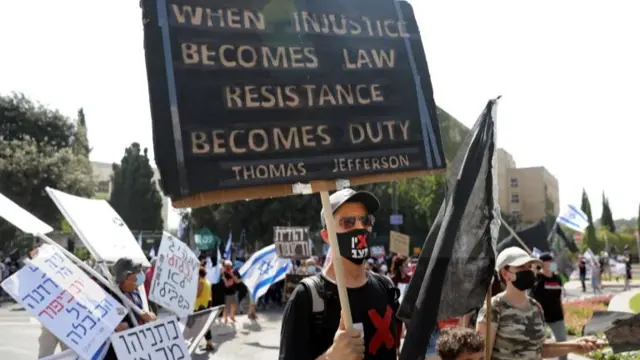Decline of aviation industry 'could cost 46 million jobs'published at 15:33 BST 30 September 2020
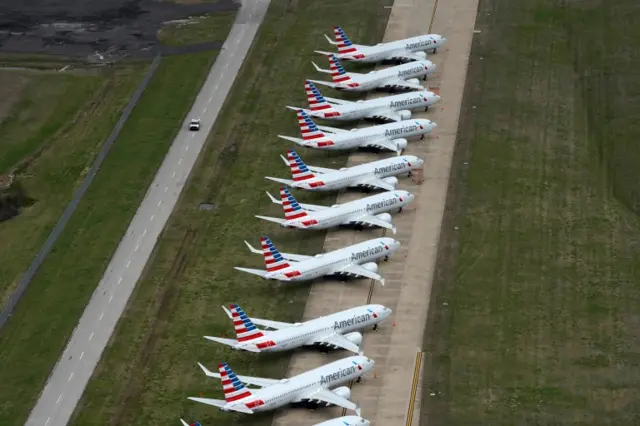 Image source, Reuters
Image source, ReutersAs many as 46 million jobs could be lost globally because of the impact the coronavirus pandemic has had on the aviation industry, an industry group says.
The Air Transport Action Group (ATAG) said it is not just jobs in aviation itself that are under threat but also those related to the industry, from tourism to construction.
The total shutdown of the industry for several months, the slow recovery and the stop/start nature of the reopening means air travel will not recover to pre-Covid-19 levels until around 2024, the ATAG said.
“Our analysis shows that up to 4.8 million jobs in aviation may be lost by the beginning of next year, a 43% reduction from pre-Covid levels,” Michael Gill, the group’s executive director, said, external. “When you expand those effects across all the jobs aviation would normally support, 46 million jobs are at risk.”
He said that, as well as giving employment support, governments also needed to be consistent in their messaging so travellers are not "subject to random quarantine declarations and constantly changing lists of acceptable and unacceptable destinations".
